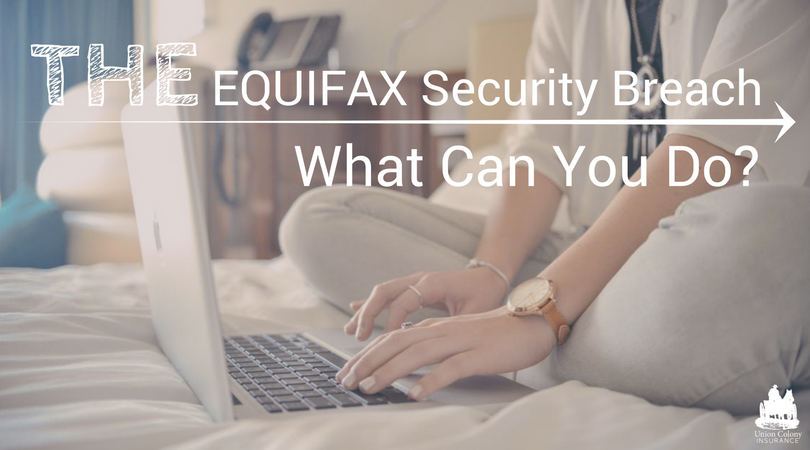
The Equifax Secuirty Breach FAQ

You’ve probably heard that Equifax was breached over the summer, affecting 143 million customers. The online breach of the credit reporting company meant that names, birth dates, Social Security Numbers, addresses, and driver license numbers were accessed. Because of the breach, millions are at risk of identity theft and similar crimes.
Unfortunately, it has been reported that Equifax has been clumsy in responding to the situation. Probably less than 400,000 people will be informed directly that they have been affected.
What should you do?
Head over to, www.equifaxsecurity2017.com to see if you have been affected. You can also sign up for their free protection service. It lasts for a year and promises to monitor your credit file, gives you $1 million coverage in identity theft insurance, will scan to see if suspicious websites have your Social Security Number, and more. Please note that many people have reported it difficult to sign up because of the high volume of traffic and regular site crashes, combined with overwhelmed customer service agents. You have until November 21st to sign up for free.
Further Tips
If wanting to do more to protect yourself, we found that Farmer’s Alliance quoted CyberScout.com, recommending 4 steps for consumers affected by the breach. They are:
1. Contact providers. Ask your insurers, banks and employers if they offer identity management services, which often are a low-cost or free addition to existing services and will protect you going forward for the long term. Identity management services look for signs of fraud and provide access to specialists who can help you recover from identity theft quickly.
2. Review credit reports for any unusual activity. Visit annualcreditreport.com, the government-mandated source for free annual credit reports. Investigate suspicious activity and monitor it until it’s resolved. Also, look for signs of fraud in your medical files, on your Social Security statement, in insurance claims, and in public records.
3. Place a fraud alert on your credit file. An alert placed with one of the three major credit bureaus (yes, that includes Equifax) signals to potential creditors that you could be a victim of identity theft. Initial fraud alerts last for 90 days and require potential creditors to confirm the legitimacy of your identity before granting credit. Extended fraud alerts last for seven years and are available to consumers who are confirmed identity theft victims with a valid police report.
4. Consider placing a security freeze on your credit report. This may be necessary if you’re experiencing fraud as a result of the data breach. A freeze locks access to your credit, so no one will be able to open a new account in your name.
The Federal Trade Commission has a couple more tips:
1. Monitor your existing credit card and bank accounts closely for charges you don’t recognize.
2. File your taxes early — as soon as you have the tax information you need, before a scammer can. Tax identity theft happens when someone uses your Social Security number to get a tax refund or a job. Respond right away to letters from the IRS.
Further Scams
Please also be aware there is already a scam going around. There are random calls going out claiming to be Equifax. They are calling to verify account information or asking for personal information. Head over to consumer.ftc.gov to learn more.
You can also visit identitytheft.gov/Info-Lost-or-Stolen for more useful information when your data has been exposed or lost.
Categories: Blog
